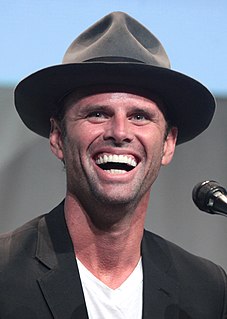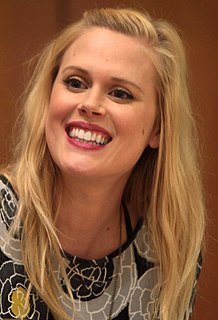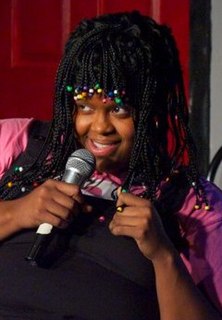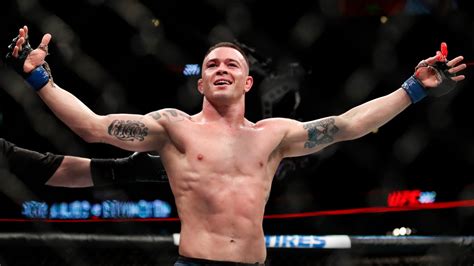A Quote by Walton Goggins
I really believe that when you're playing a character that everything is contained in the script. If I'm pulling from things from my own life, then I think I'm being disingenuous to the character and the story.
Related Quotes
When you are writing, you have to love all your characters. If you're writing something from a minor character's point of view, you really need to stop and say the purpose of this character isn't to be somebody's sidekick or to come in and put the horse in the stable. The purpose of this character is you're getting a little window into that character's life and that character's day. You have to write them as if they're not a minor character, because they do have their own things going on.
What interests me when I'm writing is being able to crawl into a character's head and speak from his or her mouth. It's not pulling the strings on a marionette, it's not playing ventriloquist, and it's not mimicry. It's about inhabiting a character, and, at the same time, being totally unaware of what you've become.
I think your text [script] is everything; it's what informs you; it's what gives you the given circumstances. Then you take that and you add your own creativity and your own spin on things and you make it personal. That's what makes that character and that text unique to you, when you personalize it. I think that's where your job as an actor comes in.
The actors come in and they make characters their own and so Patrick and I have never been the kind to think that our script is the bible. We want to make sure that the story is told, that you stick to the story but if you have to make changes to the character then that's fine. A lot of times there are some funny one-liners, funny things that happen that are out of the ordinary. I like it.
You can relax more when you're playing a silly character than when you're playing a really rigid character. But to be fair, I think George Clooney is a bigger teenager than any of the 'Twilight' cast. He's the guy throwing a football at your head and then hiding around the corner, pretending it wasn't him!
If the point of life is the same as the point of a story, the point of life is character transformation. If I got any comfort as I set out on my first story, it was that in nearly every story, the protagonist is transformed. He's a jerk at the beginning and nice at the end, or a coward at the beginning and brave at the end. If the character doesn't change, the story hasn't happened yet. And if story is derived from real life, if story is just condensed version of life then life itself may be designed to change us so that we evolve from one kind of person to another.




































